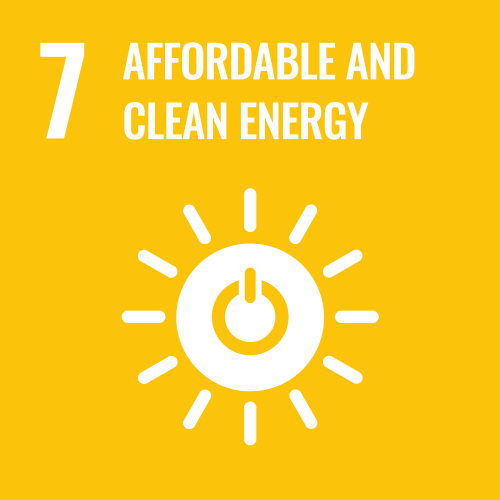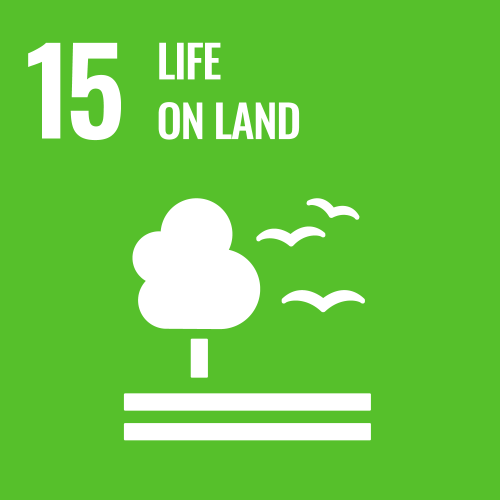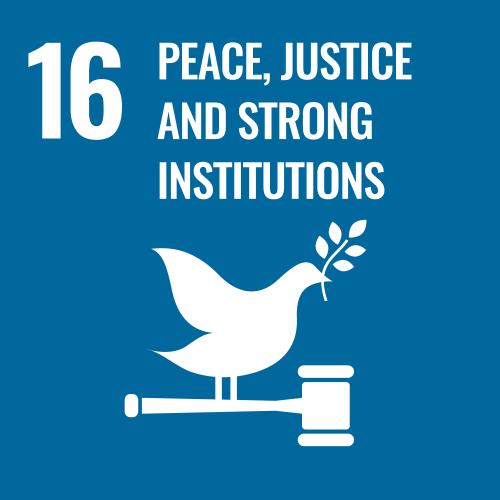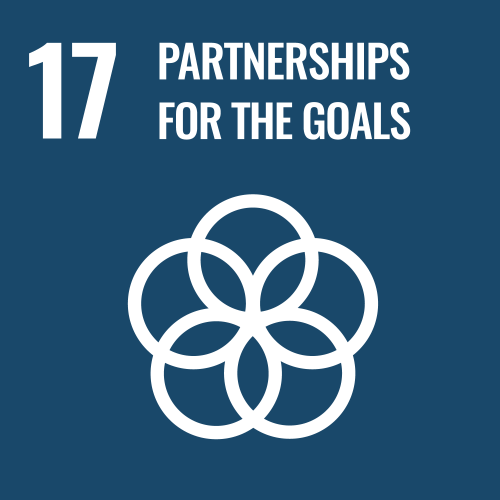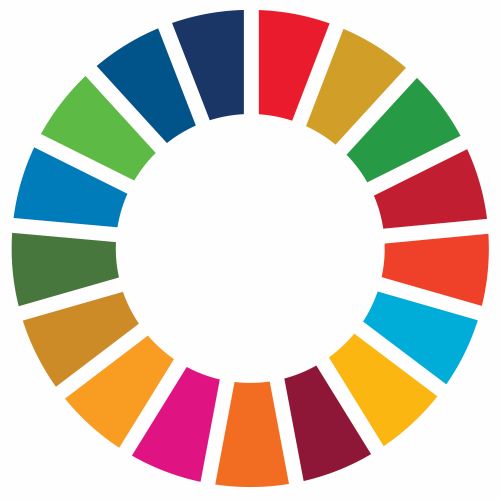
31/03/2025
Trinidad and Tobago experts exchange knowledge and experience in renewable energy and environmental assessment
19/03/2025
17/09/2024
04/03/2024
Five representatives of the Environmental Management Authority (EMA) of Trinidad and Tobago participated in a study visit on environmental impact assessment tools associated with the construction, commissioning and decommissioning of wind and solar farms from 24 to 27 March 2025, in the framework of the EU-Caribbean Cooperation Mechanism project led by FIAP and funded by the European Union.

Trinidad and Tobago relies heavily on the oil and gas industry as the main source of energy for domestic consumption and the engine of its economy. The government of Trinidad and Tobago is currently pursuing a decarbonisation programme that includes the promotion of renewable energies such as wind and solar. The EMA, the environmental authority, is developing and strengthening the regulatory framework for the implementation of these new technologies, always with a view to safeguarding environmental protection. With the promotion of renewable energy sources, there has been an increase in the number of solar and wind projects in the country, totally new projects that require the EMA to expand its capacities to assess them properly.
The EU-Caribbean Cooperation Facility (EU-CCF) has developed technical assistance to support the EMA in these tasks. Within the framework of this action, technical training was provided, consultation tools were developed and a study visit was organised. In addition, different solutions have been discussed with the EMA in search of an operationalisation of regulations and related administrative procedures for the granting of the Environmental Impact Statement. In addition, Impact Assessment legislation and case studies have been discussed using Spanish and European experiences.
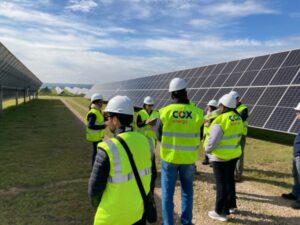
The overall objective of the study visit was to foster an exchange of best practices and strategies between EMA managers, Spanish public institutions with competences in the field such as the Ministry for Ecological Transition and Demographic Challenge (MITECO), the Spanish Office for Climate Change (OECC), the Institute for Energy Diversification and Saving (IDAE) and the Directorate General for Renewable Energies and Climate Change of the Department of Environment and Climate Change of the Xunta de Galicia; renewable energy operators and industry in Spain; and wind and photovoltaic sector associations.
In addition, visits were made to photovoltaic power generation facilities in Posadas (Córdoba); the Gemasolar plant in Fuentes de Andalucía (Seville), owned by Qualitas Energy, which is the first commercial solar thermal power plant with central tower receiver technology and molten salt storage system; and the Cerceda environmental complex of the Sociedad Gallega de Medio Ambiente.
The participants have obtained a comprehensive vision of the context of the implementation of renewable energies in Spain that will contribute to decision-making in the Trinidad and Tobago institution. At the end of the visit, the group assessed the experience very positively and all the actors involved agreed that there are very relevant avenues for cooperation between European and Trinidad and Tobago institutions.
